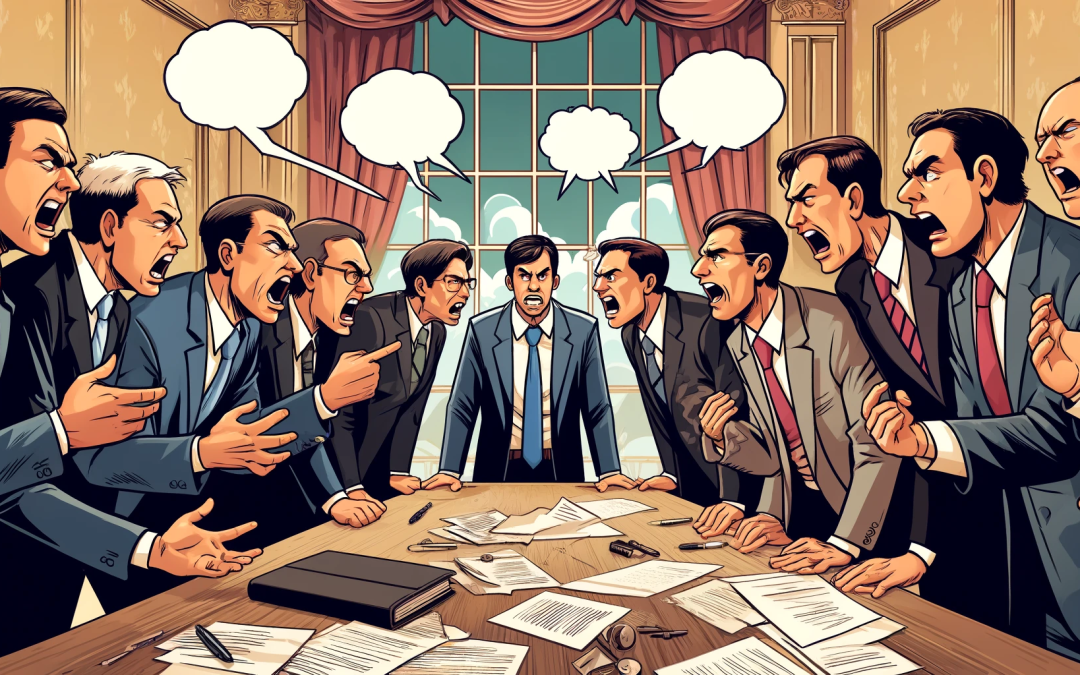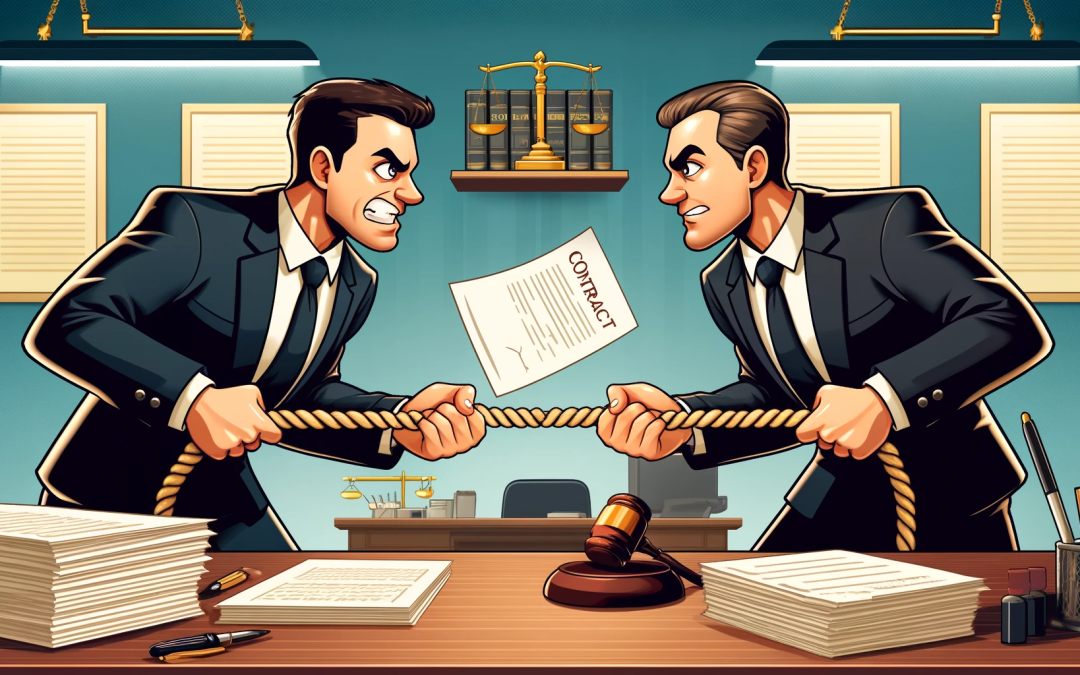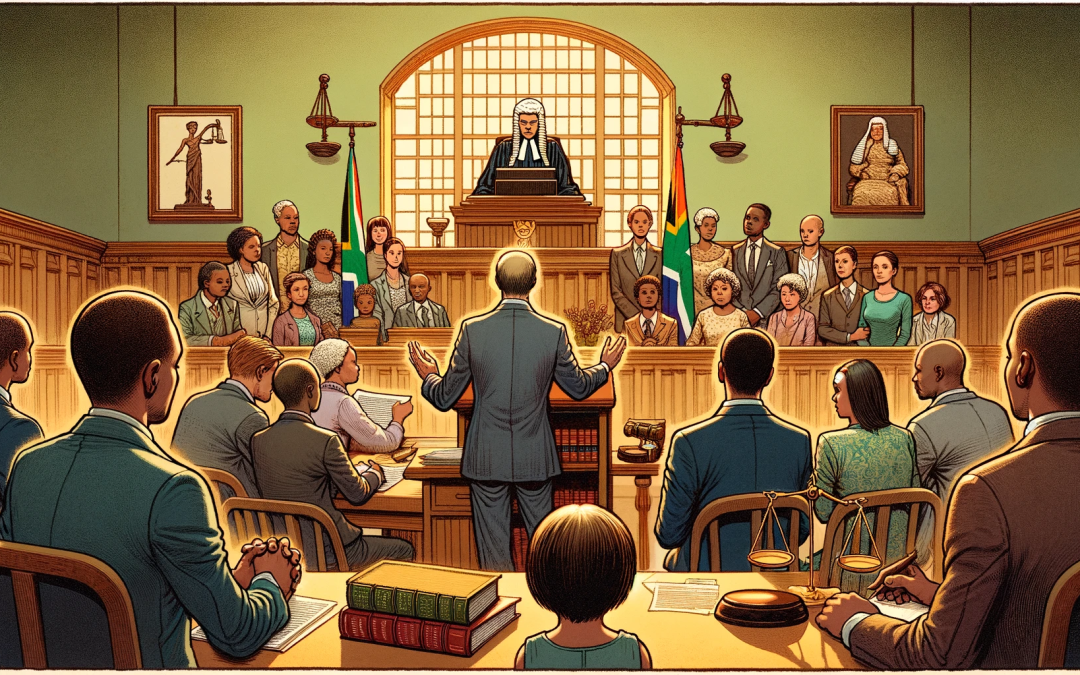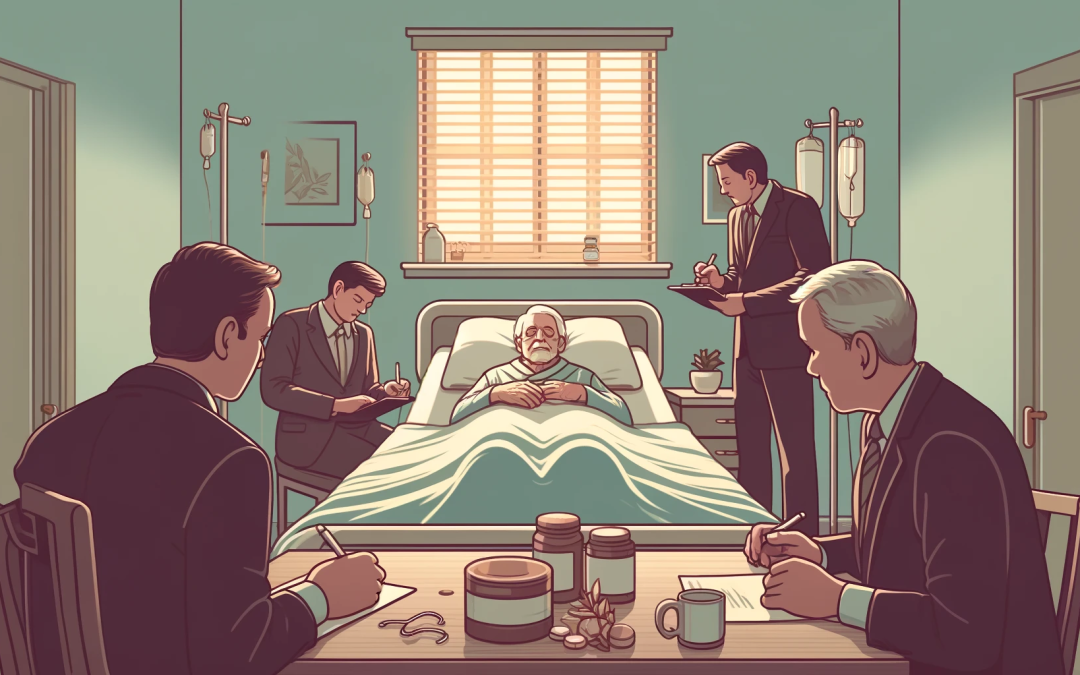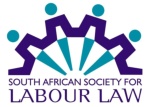In terms of South African Law, and even global Law, one is necessarily concerned with competing rights and responsibilities. It is a result of these rights and responsibilities that due process plays such an important role in our legal system. One of the checks and balances to this due processes is spoliation.
I have often been approached by frustrated clients who wish to take matters into their own hands when dealing with debtors, tenants or business associates who renege on their obligations. I will no doubt be approached by many more such clients in years to come. Invariably, the question is posed to the tune of “What prevents me from…?”. Some possibilities of such cavalier action include:
- switching off utilities to a tenant that fails to pay their rent;
- repossessing (without a Court Order) goods supplied and delivered;
- denying access to particular premises which the defaulting party would otherwise be entitled to; or
- removing, without a Court Order, the property of a defaulting party to defray a debt which is owed – this may also constitute theft.
The keyword in circumstances like these is spoliation. Briefly stated, spoliation may be described as:
“any illicit deprivation of another of the right of possession which he has, whether in regard to movable or immovable property or even in regard to a legal right. He does not make violence or even fraud an essential element, provided that the act is done against the consent of the person despoiled and illicitly” (Leyser, as referred to by Innes CJ in the case of Nino Bonino v De Lange 1906 TS 122)
Colloquially speaking, spoliation entails the deprivation of the peaceful and undisturbed enjoyment of a thing or a right without an order of Court calling for such deprivation. It is important to note that the question of whether a person is lawfully in peaceful and undisturbed enjoyment of such a right is irrelevant for the purposes of spoliation. Therefore, even if a person is unlawfully in possession of a thing or a right, one cannot simply deprive them of this without a Court Order empowering on to do so. One may, quite easily, therefore, fall foul of the law by taking matters into your own hands, even if your claim against the defaulting party is sound in Law.
Spoliation in South African Law was developed as a mechanism to curb people taking the law into their own hands. If an aggrieved party takes unsanctioned action to deprive the defaulting party of a right, said defaulting party may then approach the Court in order to have the status quo restored. This will often have an adverse cost implication for the aggrieved party who wants nothing more than to enforce their rights, which will naturally lead to further frustration.
Aggrieved parties must, therefore, think twice before sullying their hands and potentially prejudicing themselves in the long run.


